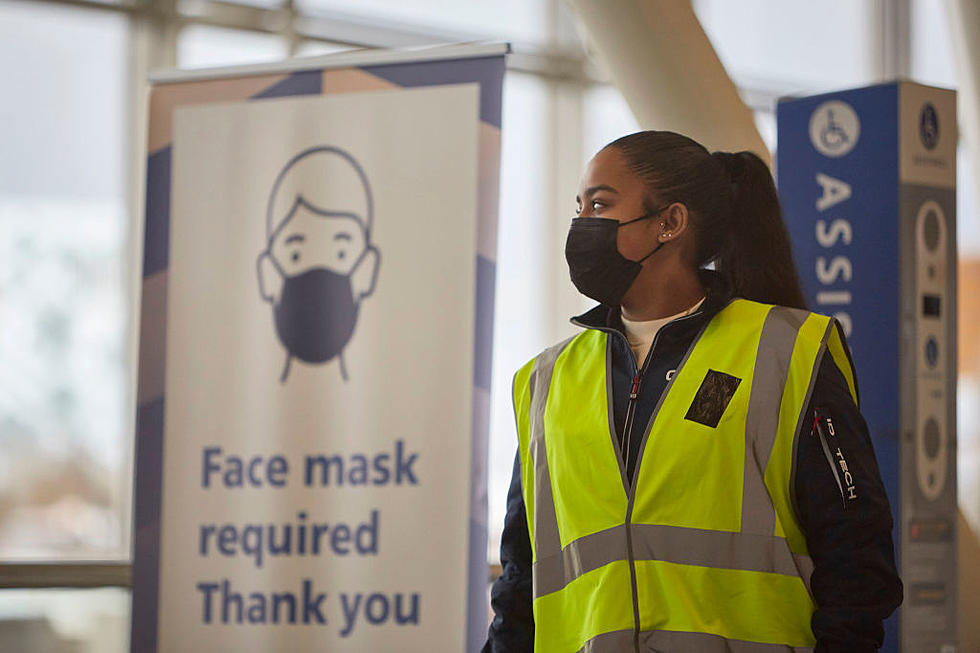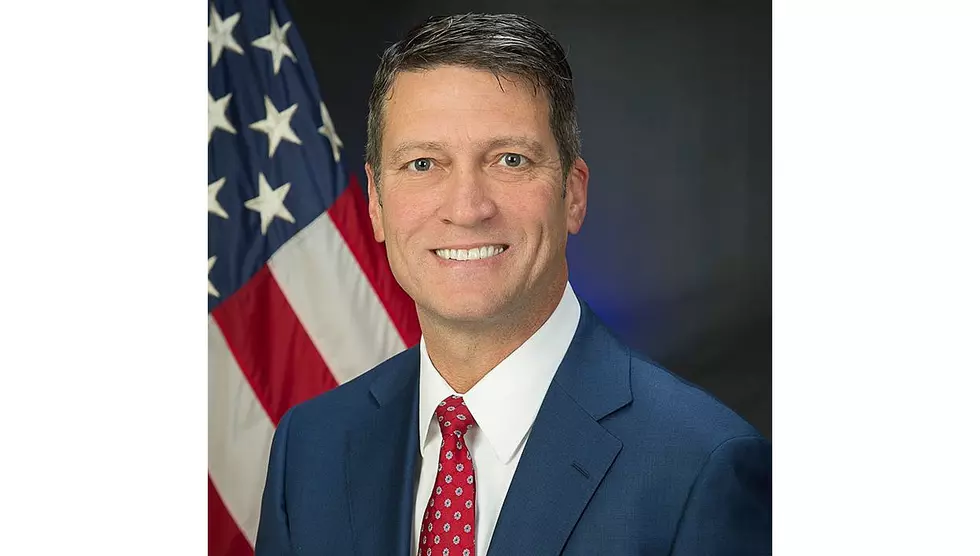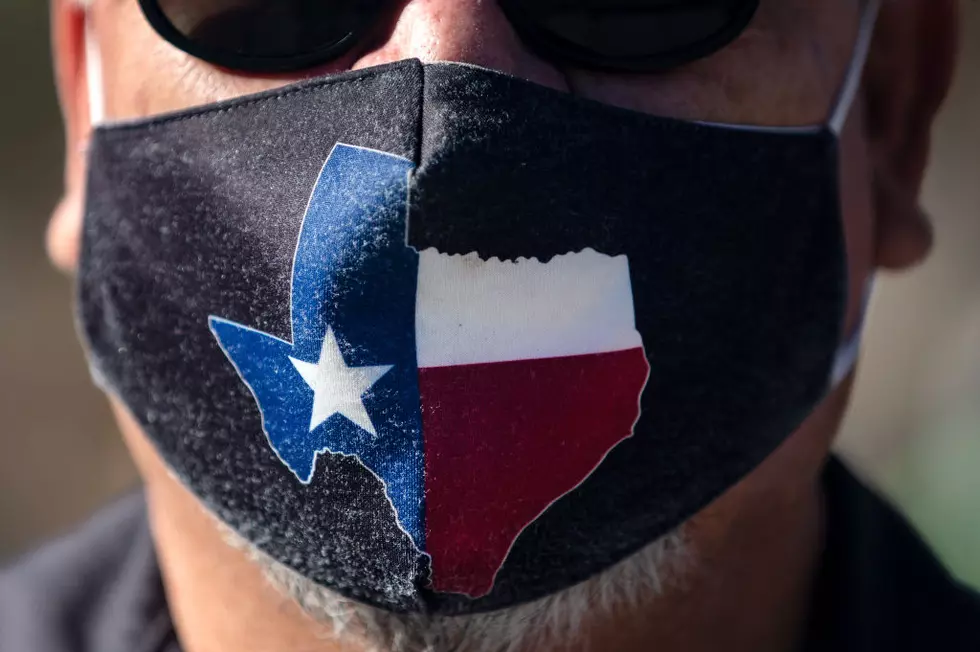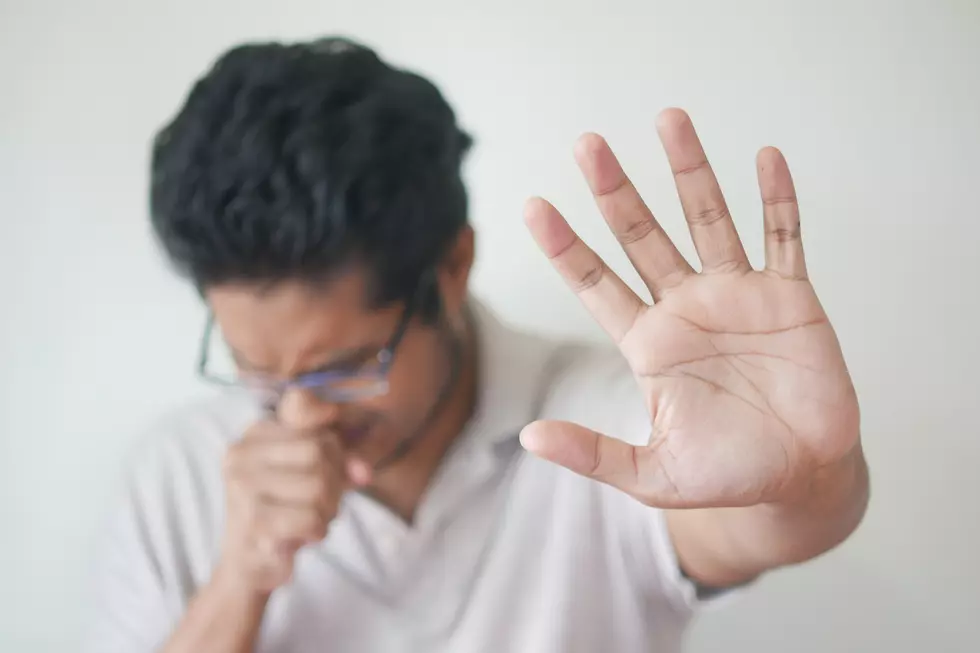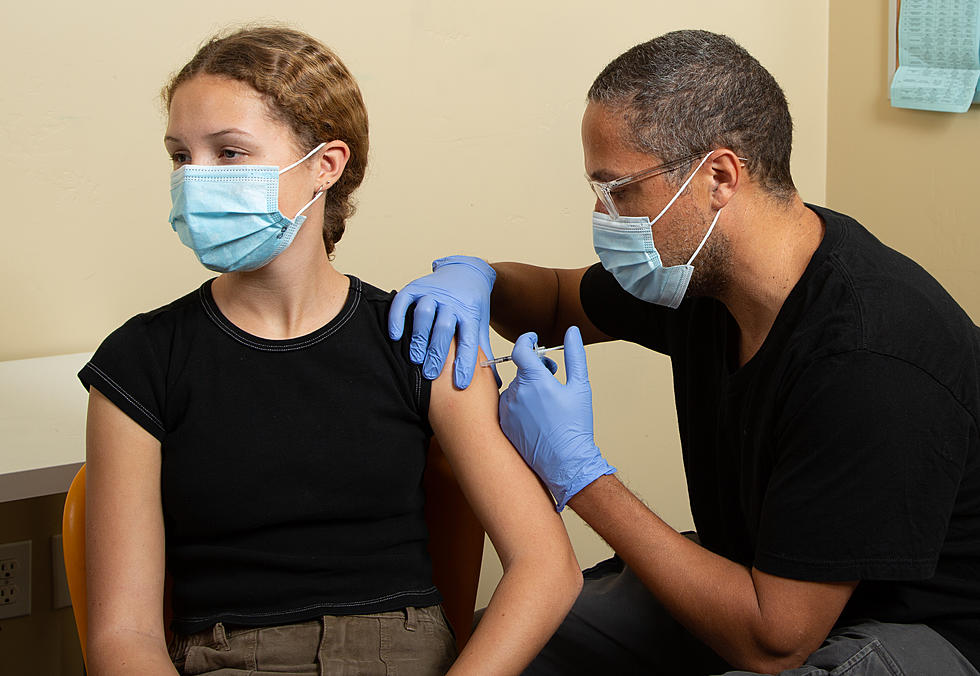
CDC Issues New Guidelines for Those Fully Vaccinated for COVID-19
The Centers for Disease Control and Prevention are letting people know just what they should and shouldn't do if they have been fully vaccinated for COVID-19. The new guidelines have some criticizing the CDC for being too lax, while others say they are still too restrictive.
To be clear, the CDC only considers someone fully vaccinated 2 weeks after that person has received their 2nd shot of either the Moderna or Pfizer vaccine. The new guidelines do not mention how vaccinated the CDC considers those who will receive the newly-approved Johnson & Johnson vaccine.
According to the CDC, only 9.2% of the U.S. population has been fully vaccinated so far, but that number will likely grow at a steady rate over the next few months. Here is an overview of how effective all 3 COVID vaccines are:
- Pfizer: 95% Efficacy (2 Shots, 21 days apart)
- Moderna: 94.1% Efficacy (2 Shots, 28 days apart)
- Johnson & Johnson: 72% Efficacy (1 Shot)
The CDC says those fully vaccinated can meet with other fully vaccinated individuals indoors without the need for a mask or social distancing. They can also meet indoors with those who are unvaccinated if those people are low risk of contracting the disease, also without the need for a mask or social distancing.
Fully vaccinated individuals can also refrain from quarantining if they come into contact with someone who later tests positive, but only if they do not show symptoms of the disease. If a fully vaccinated person does show symptoms of COVID-19 after coming into contact with someone who tested positive, it is recommended that they take consider quarantine as a precaution.
Despite these loosening restrictions, the CDC is still recommending that fully vaccinated individuals refrain from long-distance flights, a position that CNN Medical Analyst Dr. Leana Wen told CNN, ". . . defies common sense." The CDC is also asking fully vaccinated individuals to adhere to mask-wearing policies and social distancing while in public places.
Co-director of the Texas Children’s Hospital Center for Vaccine Development, Peter Hotez, tells the Washington Post that the CDC could encourage more people to get the vaccine if they were more clear and consistent with their guidelines, especially since research has proven that COVID-19 vaccinations are the only real and best protection against the virus.
LOOK: Answers to 30 common COVID-19 vaccine questions
While much is still unknown about the coronavirus and the future, what is known is that the currently available vaccines have gone through all three trial phases and are safe and effective. It will be necessary for as many Americans as possible to be vaccinated in order to finally return to some level of pre-pandemic normalcy, and hopefully these 30 answers provided here will help readers get vaccinated as soon they are able.
READ MORE: Here are 10 ways to help others who are struggling right now
How can I stay safe while grocery shopping? And answers to 24 other coronavirus questions
More From News/Talk 95.1 & 790 KFYO
